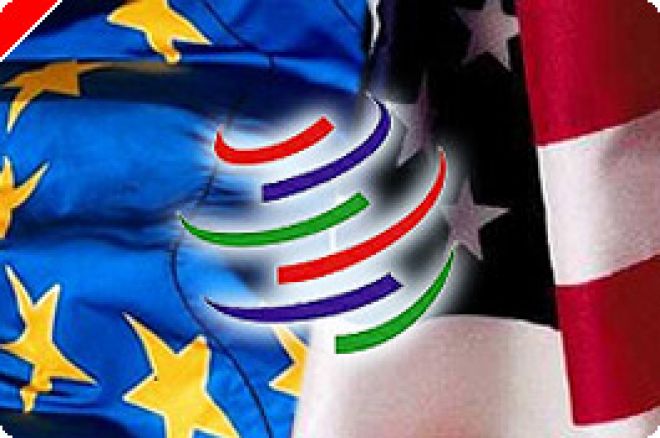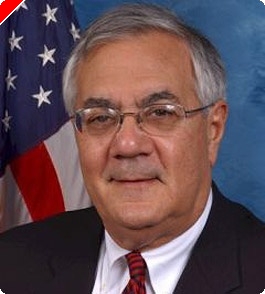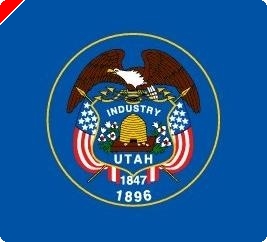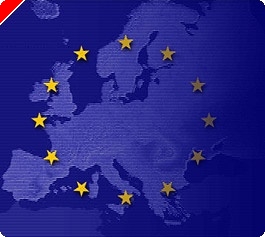EU Commission Concludes US Anti-Gambling Laws Violate WTO Rules

Following a 12-month investigation, the European Commission has found that the United States' attempts to block European online gambling sites from accepting American customers violate World Trade Organization rules for international trade. The Commission stated that while the matter could be pursued via a formal complaint at the WTO, the European Union is more interested in seeking a negotiated solution with the current U.S. administration.
In a summary of the Commission's report, the EU stated "that U.S. laws on remote gambling and their enforcement against EU companies constitute a barrier to market access on EU economic interests." European online gambling companies suffered significant decreases in market value since the Unlawful Internet Gambling Enforcement Act of 2006 was signed into law, making it illegal for financial institutions to facilitate payments to online gambling sites.
The Commission first launched its investigation in March 2008 after receiving a complaint that the U.S. was unfairly targeting foreign online gambling companies while allowing their domestic counterparts to operate without restrictions. "EU companies are discriminated against," the summary of the report goes on to say. "U.S. companies are allowed to freely operate online gambling on horse racing in the U.S., while European companies and individuals cannot and even face legal action."
"It is for the U.S. to decide how best to regulate Internet gambling in its market," said EU Trade Commissioner Catherine Ashton. "But this must be done in a way that fully respects WTO obligations." Ashton added that she is "hopeful that we can find a swift, negotiated solution to this issue."
House of Representatives Financial Committee Chairman Barney Frank (D-MA) noted the hypocrisy of those "who think we have to abide absolutely and religiously by the WTO�� but when it comes to banning gambling and the WTO, they ignore it." Frank reiterated his intention to introduce new legislation designed to overturn the UIGEA. Such a bill will likely be introduced following the mid-April congressional hiatus.
Nefeterius McPherson, speaking on behalf the U.S. Trade Representative Office, said both that office and the Department of Justice are reviewing the report and plan to discuss it with the EU.








